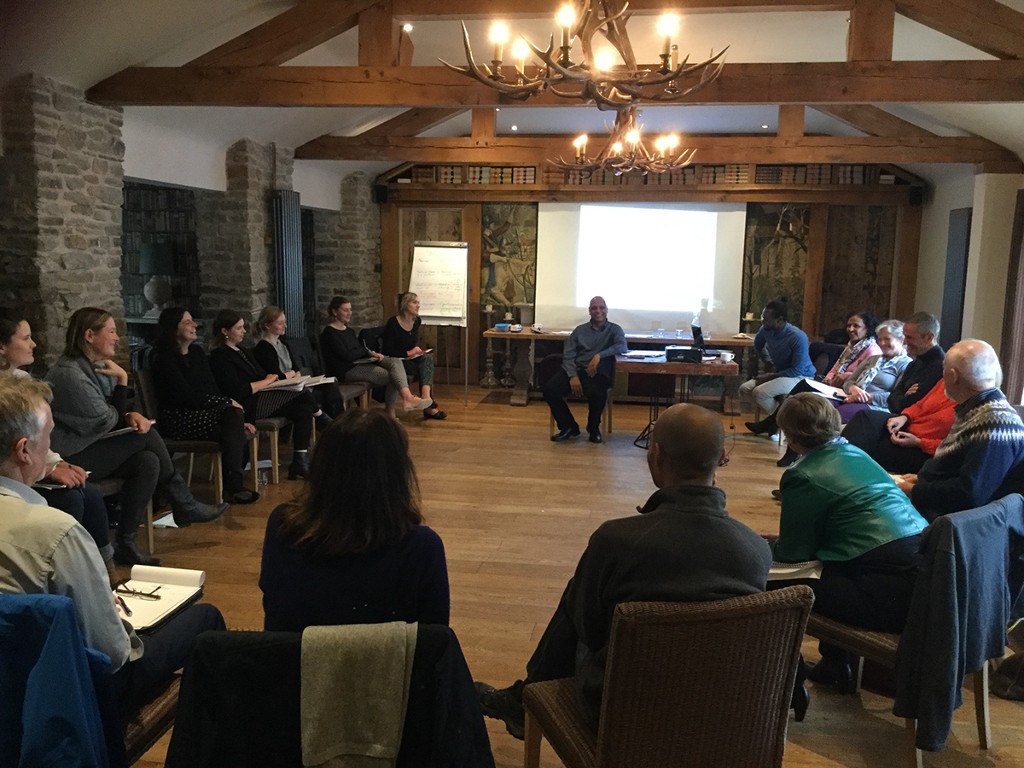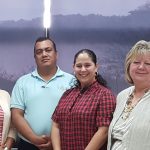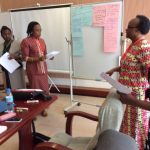
The importance of self-awareness in addressing unconscious bias
– Blog post by Vanessa Fairhurst, Programme Assistant, INASP
The question is not “do we have bias?” but rather “which are ours?” – Howard Ross
We all like to think we are open-minded and non-judgemental. In fact each of us tends to believe we are more fair and hold less prejudice than the average person. However, unconscious bias is something that affects us all.
Our brains are wired to see patterns in order to quickly make sense of the complexities of life; a skill which helped our ancestors in distinguishing from friend and foe. These patterns are learned from birth; our biases and preferences shaped by the people around us, cultural norms and our personal experiences. Our brain is a complex machine, constantly processing vast amounts of information, like a computer with thousands of tabs open simultaneously, so we use these patterns as mental shortcuts to provide order and aid decision making. It is not surprising therefore that when we feel under stress or time pressure that our unconscious biases come to the fore to an even greater extent.
However, problems arise when we fail to pay attention to our hidden bias or to question the validity of our judgements. ‘If left unchecked this can easily lead us into (at best) lazy stereotypes and (at worst) prejudicial or discriminatory behaviours.’
I came to learn more about unconscious bias when Kemal Shaheen, Programme Manager at INASP, and I attended a ‘Caplor House Day’ on Equality and Diversity on the 24 October 2016. The event was organized as part of the partnership between INASP and Caplor Horizons on ‘Leading in the library: a learning lab for sustainable access to knowledge in developing countries through strengthening the organisational effectiveness of Library Consortia’.
The Caplor House Day involved exploring exercises which highlighted where our own unconscious bias may lie, including providing people with the opportunity to talk about when they have experienced bias and, interestingly much harder, when they have shown bias towards someone else. Such personal conversations need to be handled sensitively and in an environment where people feel safe from judgement, however if done well it can be eye-opening and move the conversation to a place of much greater depth and meaning.
At INASP we currently work in more than 25 countries in Africa, Asia and Latin America, working across a variety of different contexts and with diverse cultural and socio-political norms. Often the biases at play may not be instantly obvious, and questioning long-held perceptions and attitudes can be a sensitive issue. However by challenging mind-sets, we hope to make a long term difference and help to level the playing field for those who are disadvantaged. An example of our approach at INASP is our Gender Working Group, set up to explicitly pay attention to situations in which gender bias can arise and to build gender transformative work into our programmes and partnerships. INASP has recently launched its Gender Toolkit; this is an easy-to-use resource for institutions interested in tackling gender inequality in higher education (you can check it out here).
However, there are also very simple measures that can be taken; the very act of realising and accepting that you have unconscious bias can prompt self-reflection and questioning both of your own judgements and those of others. If you are interested in exploring this further, you can take Implicit Association Tests (IAT) compiled by experts at Harvard, which can help you identify where your unconscious biases may lie.
About Caplor Horizons
Caplor Horizons is a non-profit organization that was created to help charitable organizations think differently about themselves and the new horizons that they face. As such they run a number of innovative and inspirational sessions on a range of topics throughout the year, this session on Unconscious Bias was ran by two Caplor Horizons advisors; Chandra Ladwa and Saf Ghapson.
“We don’t see things as they are; we see them as we are.” – Anaïs Nin

 Previous Post
Previous Post Next Post
Next Post


